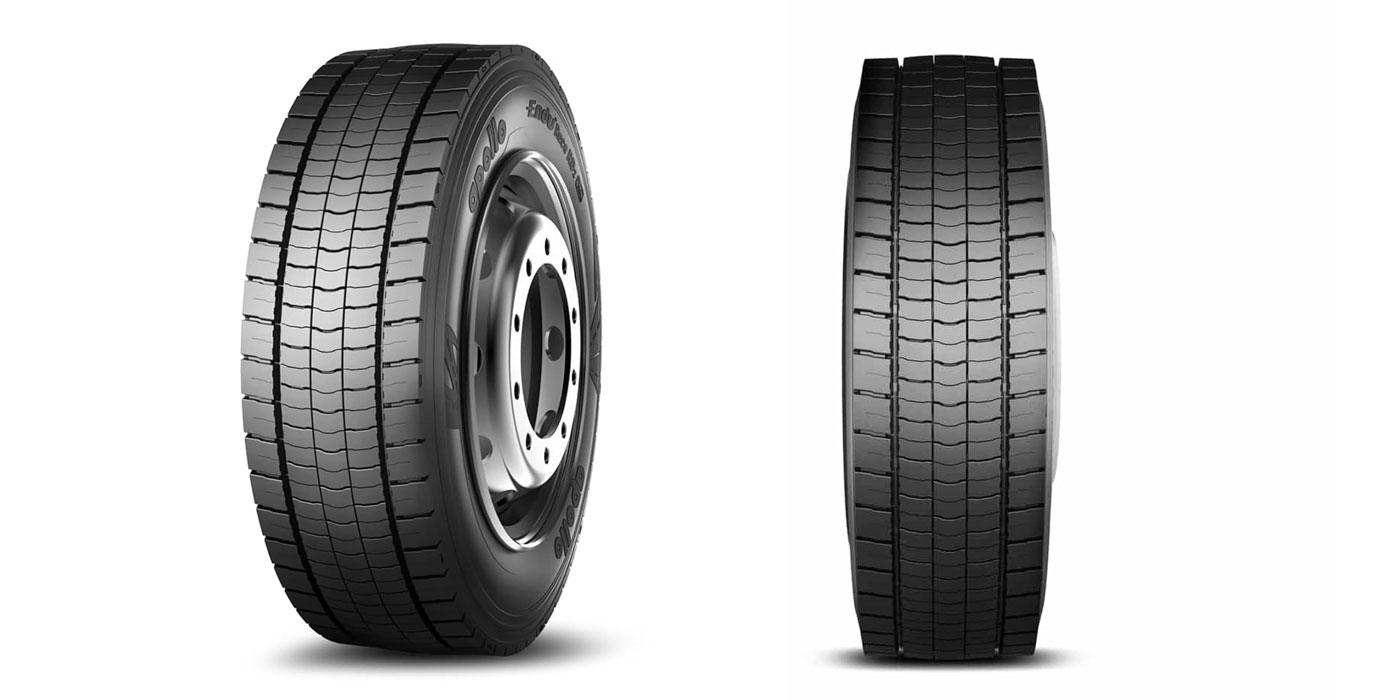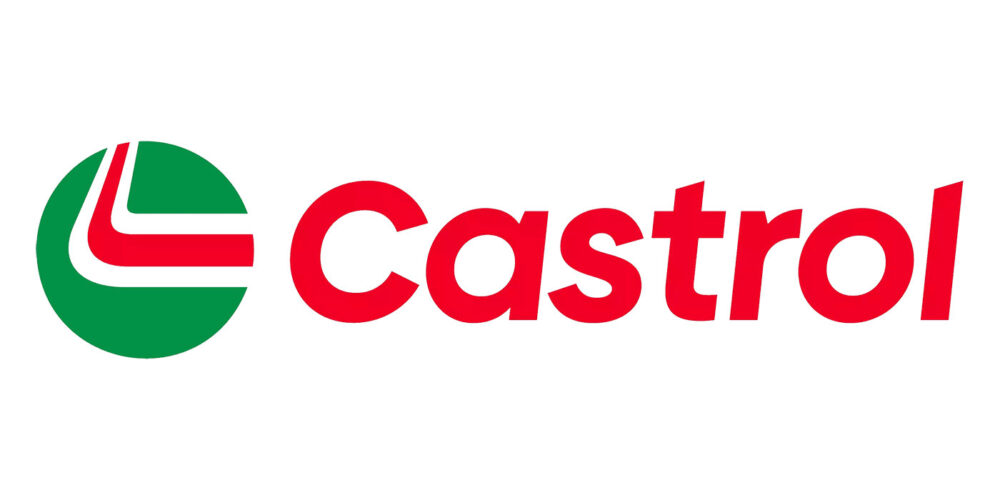I fully support recent efforts to reduce our nation’s carbon footprint and dependence on imported crude for fossil fuels. But folks, let’s use our heads—rather than that piece of anatomy on which we sit. Researchers and technicians can best logically decide how we should obtain energy in the future, not emotional environmental activists, movie stars or politicians.
Let me give you an example. A former singer’s wife and a late-night talk show host continually “badmouth” fracking in the Marcellus Shale. The Federal government spent millions of our money to conduct a study, which determined that fracking did not interfere with the ground water supply (they are thousands of feet apart!).
Another statement that continually infuriates me is the reference to electric vehicles as “zero emissions.”
How can educated, so-called environmentalists continue to say that? The facts are:
1. Electricity is generated by power generating plants, most of which are still coal-fueled.
2. We need a battery break-through. Current batteries are much too heavy, their range is limited, and their performance degrades with every charge/discharge cycle.
The battery-powered vehicle only makes sense to those who want to appear “green” regardless of cost or those receiving monetary incentives such as tax breaks. California, for example, is attempting through its Hybrid Vehicle Incentive Project to increase the number of hybrid electric trucks and buses.
The Department of Energy (DOE) recently put out a report stating that we will have one million electric vehicles on U. S. roads by 2015. Wanna bet? The DOE’s report was based on electric vehicle sales estimates at least four times larger than current reality. For example, they estimated Chevy Volt sales at 120,000 units per year. In fact, General Motors sells about 25,000 Volts per year, and most of them go into the government fleet.
Here are the actual sales:
2011: 17,735 units
2012: 52,835 units
2013 (through April): 24,551 units
I’m appalled at what I would call blatant government lies. When Russia used to issue this type of information, we called it propaganda. What are we supposed to call it when our own government does it to us? Let’s take a logical, non-biased look at current alternate fuel options by technical people, not politicians.
For passenger cars and light-duty P&D vehicles, electric vehicles and gasoline/ethanol fuel blends are expensive, less than ideal propositions. We’ve wasted millions of hours and dollars on vehicles that either cost us fuel economy (ethanol), greenhouse gas emissions (ethanol), or money (electric).
Current light-duty vehicles should be diesel-powered—period. Europe learned this lesson years ago, but we still don’t “get it.” Natural gas (CNG, and LNG) along with propane will be viable, suitable alternate fuels, but this will take a few years to accomplish. We must first install sufficient fueling stations and educate those who will refuel vehicles. Service personnel also must be trained.
Larger P & D vehicles, buses and Class 8 vehicles should currently be diesel-fueled. When more refueling stations come on stream, CNG, LNG and propane will be logical alternate fuels depending on a range of requirements.
I’m encouraged that the Natural Gas Vehicle Institute has already begun offering service and refueling training courses in various cities around the country. I’ve never seen this level of commitment to making gaseous fuels viable alternate fuels. Biodiesel usage will never be much larger than 10% because of its poor cold temperature properties, although it’s a better drop-in alternate fuel than ethanol.
I had high hopes for cellulosic and algae-based alternate fuels. To date, however, neither of these fuels is cost-competitive with other available alternate fuels except perhaps electricity.
Okay, people, it’s time to start using our heads and direct our research activities if we want to reduce fuel usage, emissions and foreign imports of crude.













